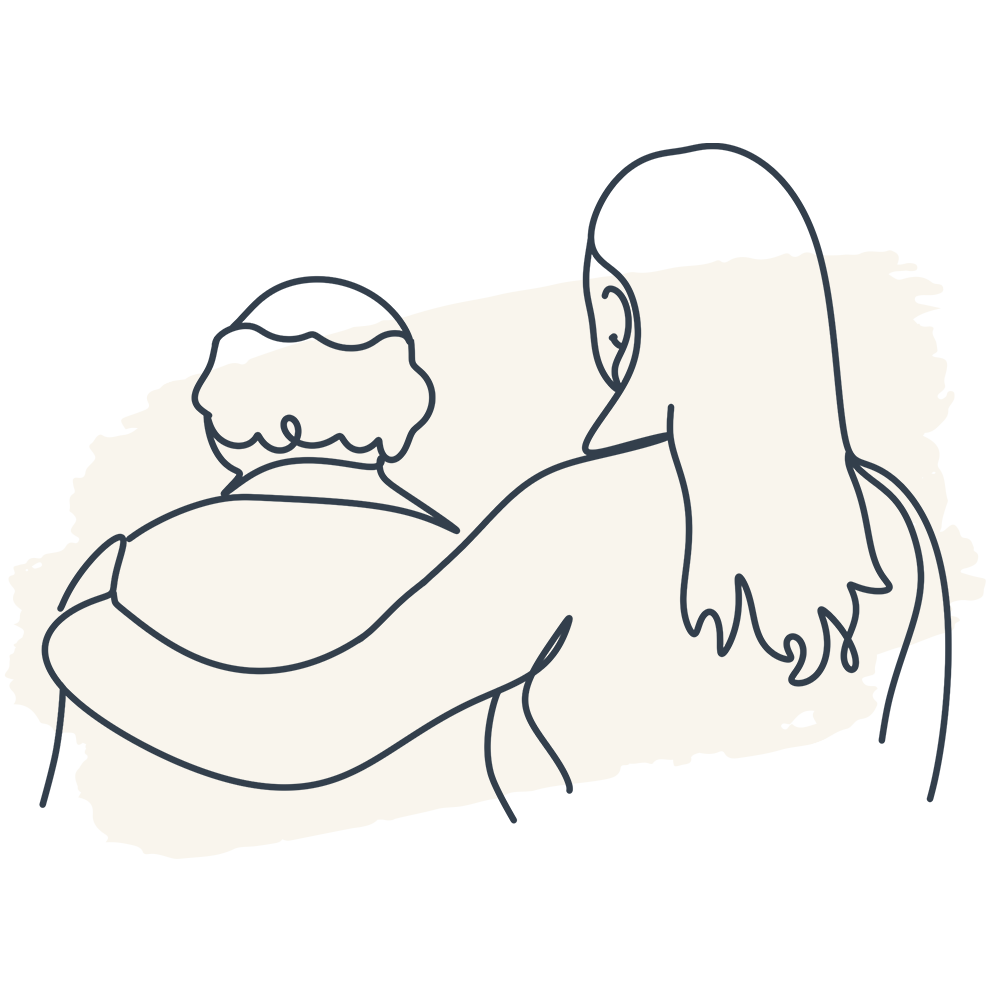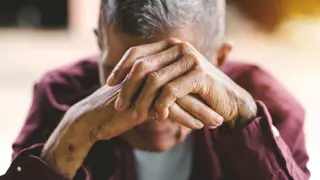Depression is a common mental disorder that causes a low mood that affects your daily life.
Depression can affect anyone and is common in older adults, affecting around one in five of those living at home and around twice as many of those living in care homes. Depression in older adults can often be difficult to recognise, but recognising signs of depression is an important part of treating and managing symptoms.
This page is designed to guide those caring for their loved ones in understanding depression in older adults, including recognising its symptoms, how it can manifest into physical problems and how you can access the right support and treatment to manage its effects.
Guides to Managing Depression
Disclaimer: These guides are not a substitute for medical advice – always seek professional help. Remember, healthcare professionals will not share information about a patient unless they have been permitted to do so.
How This Information Can Help You
Understanding and Managing Depression
Learn how to identify and understand depression in older adults, including symptoms, treatment options, and how to support loved ones through their illness.
Recognising the Signs
Recognise signs of depression and understand how to approach conversations about mental health care sensitively and effectively.
FAQs
Get answers to common questions about depression in older adults, from how to approach the topic to understanding treatment options.
Effective Treatment Strategies
Learn how to actively support your loved one’s treatment process and recovery, from medication management to encouraging therapeutic activities.
Frequently Asked Questions about Depression Care
Explore our FAQs to uncover expert advice, coping strategies, and valuable insights tailored to understanding and managing depression in older adults.




